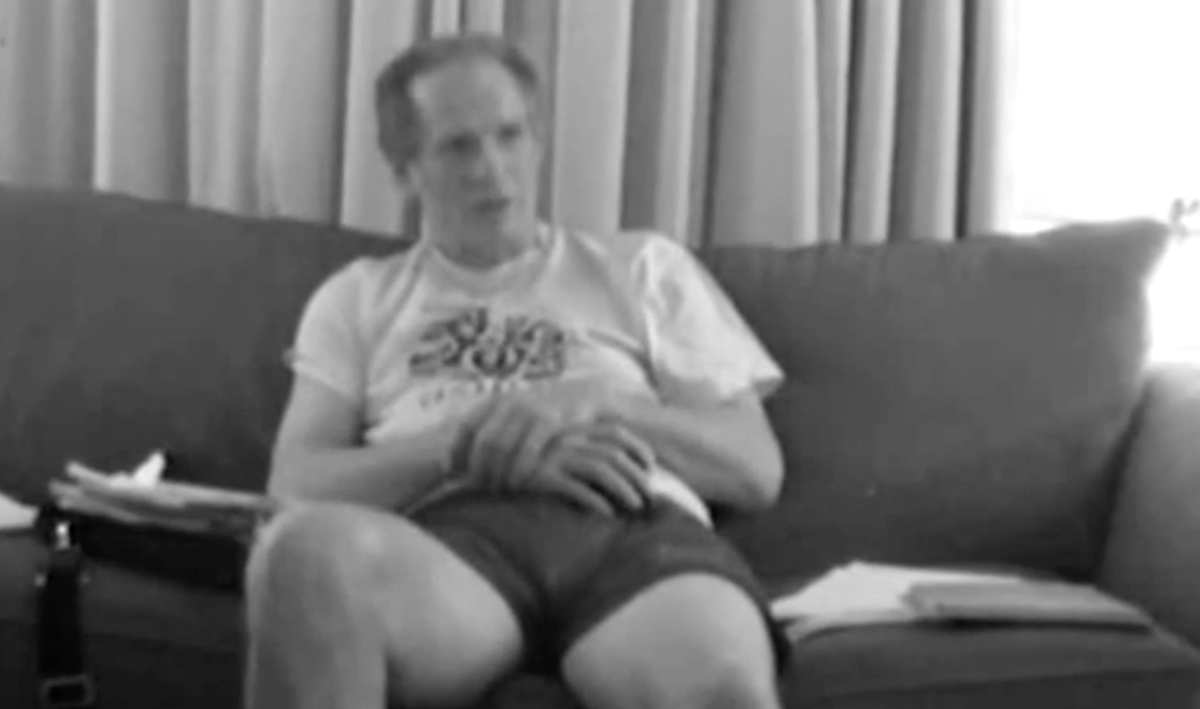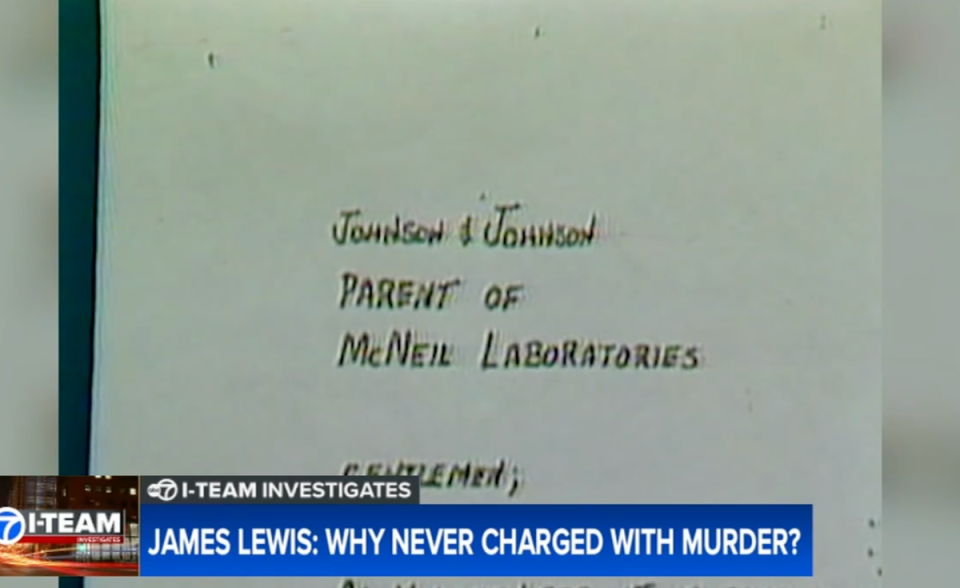Newly released FBI tapes show suspect suggesting how Tylenol murders were carried out

The FBI has released secret interview tapes with the sole suspect in the 1982 Chicago Tylenol murders following his death last month.
The cyanide poisonings that claimed seven lives and led to changes in the manufacturing and sale of over-the-counter prescription drugs have never been solved, but federal authorities believe James Lewis, who died on 9 July aged 76, was behind them.
Lewis denied any involvement in the killings. He was never convicted over the murders but was found guilty of attempting to extort manufacturer Johnson & Johnson after sending a letter claiming responsibility for the deaths and demanding $1m to “stop the killing”.
Earlier this week, the FBI released chilling footage from 2008 in which Lewis is seen going into sheer detail about how the Tylenol killer would have carried out the poisonings.
“They could have bought a bottle a month before and played with it until they got it right,” a laid-back Lewis is heard saying in one of the interviews first obtained by CBS.
Lewis went on to suggest to investigators that the killer may have used a straightened paper clip to open the Tylenol container’s lid without damaging the packaging. He also hinted that the killer could’ve bought the Tylenol bottles with plenty of time ahead to avoid being caught on surveillance video police would have immediately looked at.
“Everybody’s got paper clips ... It’s probably so obvious it’d make everyone here feel stupid that we didn’t think of it,” Lewis said. “They could have bought a bottle a month before and played with it until they got it right.”
Lewis said the cyanide-laced drugs were likely brought to the store by the killer and then put inside the bottles while they were in front of the shelf. The suspect even drew the steps in which he believed the ordeal was carried out.

The interviews were recorded with Lewis’ consent at a hotel room, according to the FBI. The bizarrely specific statements were seen as incriminating by authorities, but Lewis continued to insist on his innocence as recently as September 2022.
Lewis’ death earlier this year frustrated law enforcement who had continued to pursue him over the indiscriminate 1982 killing spree in the Chicago area that left six adults and a 12-year-old girl dead from cyanide poisoning.
No one has ever been charged over the deaths, which led to widespread panic and sweeping changes to the way prescription drugs were bought and sold.
Lewis was arrested in 1982 after a nationwide manhunt and served 12 years in federal prison for trying to extort the drug manufacturer.

He later admitted sending the letter but said he never intended to collect the ransom fee. Investigators have fruitlessly tried to prove for 40 years that Lewis wrote the letters before the poisonings took place.
In a 1992 jailhouse interview with ABC 7 Chicago, Lewis described how the killer would have used a pegboard to drill holes into the Tylenol capsules and inject them with deadly cyanide.
Victims Mary Kellerman, 12, Mary McFarland, 31, Mary “Lynn” Reiner, 27, Paula Prince, 35, and Adam Janus, 27, his brother Stanley Janus, 25, and sister-in-law Theresa Janus, 20, all lived in the Chicago area.
They were hospitalised and died within the space of a few days in late September and early October 1982, triggering a nationwide scare.
Their deaths led the Food and Drug Administration to introduce anti-tampering features such as foil seals to packaging that remain standard.
Congress passed the “Tylenol bill” in 1983 which made it a federal offence to tamper with packaging.

